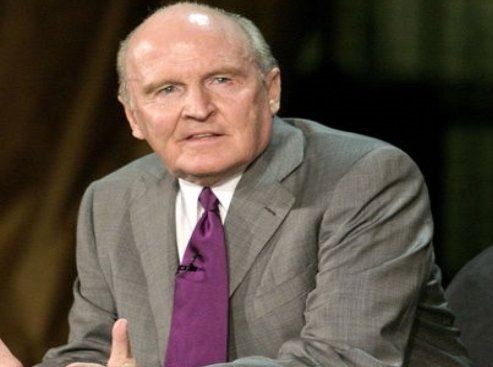Tag: business leader

Business Leaders: 7 Lessons My Silent Mentor Jack Welch Taught Me
I like to read … why? To be entertained, to learn new things, and to stimulate thinking. Jack Welsh is a favorite author of mine, especially when the book deals with business leaders and with employee development. I have a set of five authors that I selected over a decade ago to be my silent…